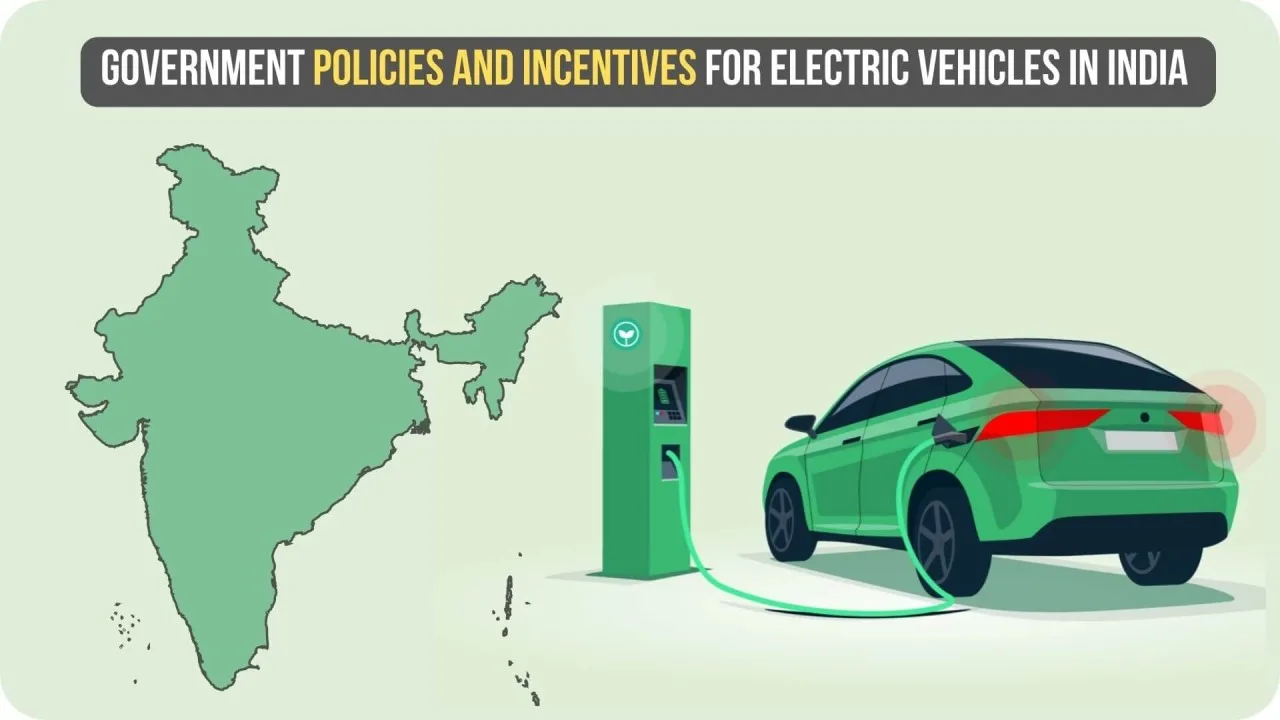This is also partly because the Indian government has actively advocated the idea of electric cars, blending this into commitments towards the reduction of carbon emissions and sustainable transportation. In this light, it has come up with different types of incentives and schemes just to persuade its citizens to switch to the new electric cars.
These incentives make electric cars more viable and attractive to consumers. Below, we go in-depth into the various forms of incentives available, their impact on the EV market, and other vital information that every potential EV buyer needs to know.
Financial Subsidies and Incentives
FAME-II Scheme: The Faster Adoption and Manufacturing of Hybrid and Electric Vehicles, commonly known as FAME II, is one of the significant schemes undertaken by the Government of India to support the adoption of electric vehicles. This scheme does considerable subsidy on the purchase of an electric car. These incentives are focused on bringing down the upfront cost of electric vehicles to make them affordable for as many consumers as possible.
Income Tax Benefits: The government of India has gone a step ahead to encourage people buying electric vehicles by providing an income tax deduction for an amount paid as interest on loans taken to purchase electric vehicles. A maximum deduction of Rs. 1.5 lakh is available under Section 80EEB of the Income Tax Act, thus making the financing for EVs more lucrative.
State Subsidies: Besides the subsidies provided by the central government, different state governments of India also encourage electric car buyers with extra subsidies. For example, states like Delhi, Maharashtra, and Gujarat offer additional sops in the form of exemptions on payment of road tax and registries, which brings down the cost of usage of an EV even more.

Charging Infrastructure and Support
Charging Infrastructure Subsidy: The government of India gives a subsidy for erecting public charging stations to overcome the barrier of charging infrastructure. It is done to minimize range anxiety amongst the users of EVs and will therefore promote large-scale adaptation of electric cars.
Privately Charged Support: Some state governments provide incentives toward the installation of a private charging station at residences or workplaces. This form of support makes the process quite easy for an individual to install charging points, thereby enhancing convenience in owning electric vehicles.
Policy Support and Regulatory Benefits
Priority Registration: Electric vehicles are often given priority in registration processes, with some states offering special registration numbers or green license plates to signify their eco-friendly status.
Exemption from Certain Restrictions: Electric vehicles are exempt from certain restrictions in many Indian cities, where their internal combustion engine brethren need to conform. For instance, most places with high pollution allow electric vehicles to bypass the odd-even rules in place.
Urban Planning and EV Zones: Special EV zones are part of the urban planning approach of some cities; some offer benefits like free parking. The whole idea of this is part of a larger game plan to reduce the pollution in the cities and encourage people towards cleaner modes of transportation.
Long-term Impact – Future Prospect
Boosting the EV Market: Government incentives have proved to be a strong impetus toward the electric vehicle market in India. In addition, the reduced cost of ownership, along with the improvement of charging infrastructure, has turned EVs into an attractive replacement for conventional modes of transport. Increased sales translate to growing visibility for electric vehicles on Indian roads.
Sustainability Goals: By promoting electric vehicles, the Government of India is also working in tandem with its goals of sustainability. A reduction in carbon emissions, along with reducing dependence on fossil fuels, adds to India’s broader environmental goals that also include commitments under the Paris Agreement.
Encouragement towards Domestic Manufacturing: The incentives, at the same time, will act as encouragement towards domestic manufacturing of electric vehicles and their components. This will help not only in bringing the cost of EVs down but also encourage job creation and technological development within the country.
